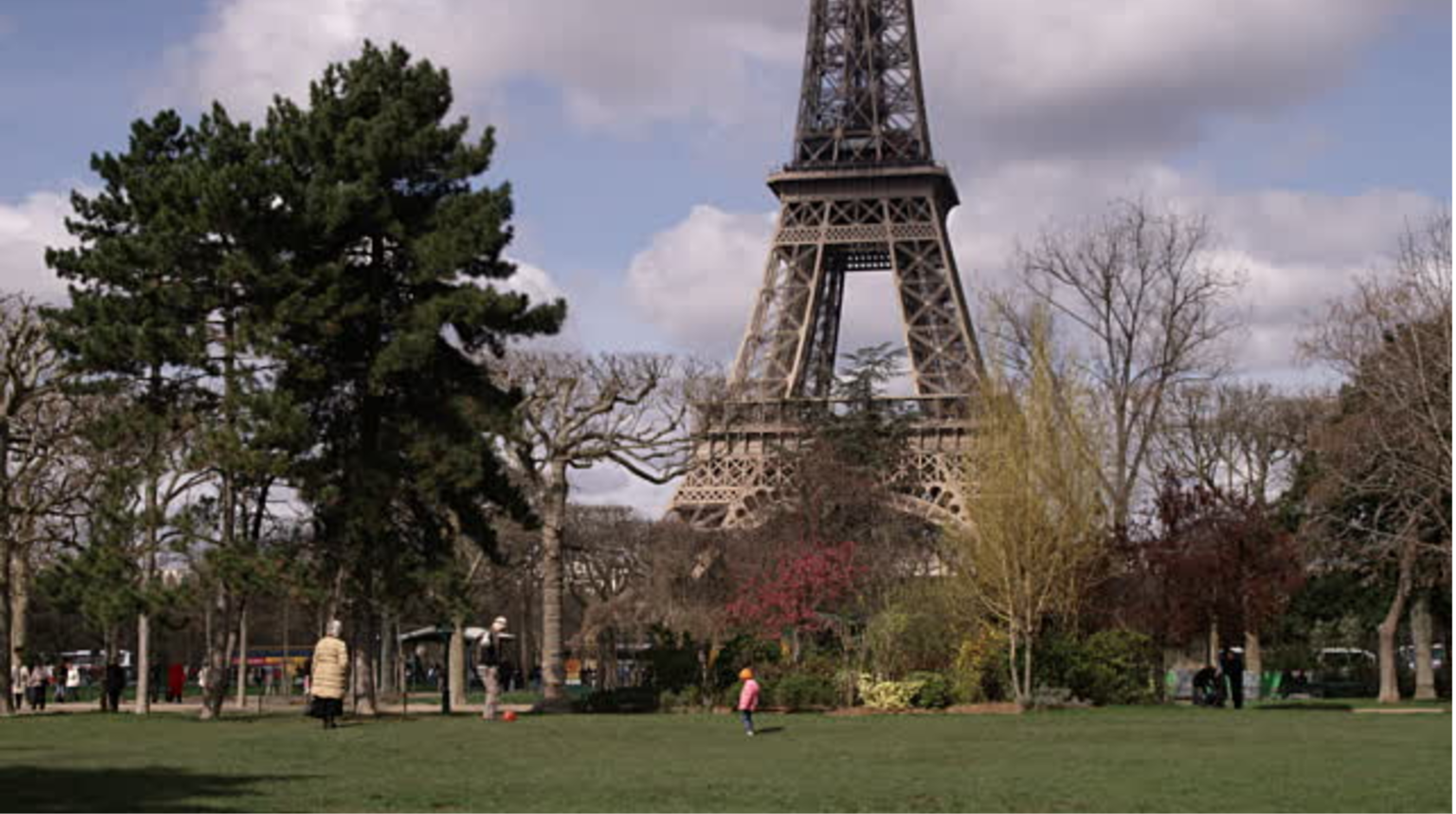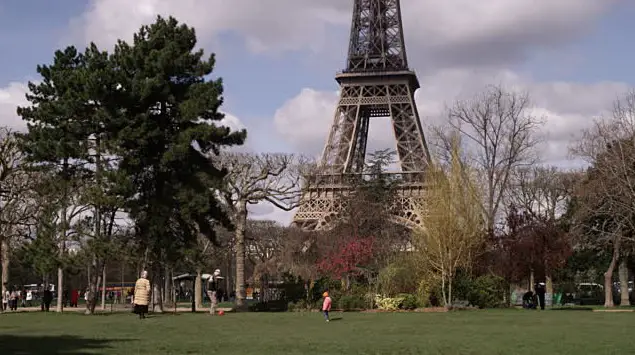News
France Bans Use of Pesticides in Public Green Spaces

The French have a big victory to celebrate starting in 2017. Beginning January 1, 2017, no pesticides will be allowed in any public green space, and non-professional gardeners will no longer be able to purchase them over-the-counter.

The pesticide ban means that public forests, parks, gardens, and play spaces will now be free from exposure to hundreds of pesticides that have previously been permitted for use in the EU. This includes toxic chemicals which have been linked to multiple cancers, birth defects, increased autism, organ failure, respiratory illness, Parkinson’s, developmental delays, Alzheimer’s, bee and friendly pollinator deaths, and many more serious health effects.
Starting in 2019, even private gardens will no longer be allowed to use harmful chemical pesticides.
The new measure to ban pesticides is part of a larger program adopted by France which includes a ban on plastic bags for vegetables in grocery stores.
The use of toxic pesticides to manage pest problems has become a common practice around the world, even with multiple scientific studies showing their great harm. Pesticides are used almost everywhere — not only in agricultural fields, but also in homes, parks, schools, buildings, forests, and roads.
Even those in the U.S. who have tried to ban pesticide spraying near schools and parks have been met with stout opposition from the biotech industry’s usual players – Dow Chemical, Monsanto, Bayer, Syngenta, etc.
Moreover, the U.S. Environmental Protection Agency continues to approve new pesticides every year, even publishing a pesticide registration manual to help new toxic chemicals gain the government agency’s approval.
Now, at least in France, children will be able to frolic in a park, or roll on the grass at their own homes and gardens without the worry that they will develop a health condition. Even more so, workers who spray pesticides at public spaces who are even more at risk for disease will be protected.
This move by France is great news to protect public health. Especially when there are a host of natural, non-toxic pesticides which include neem, citrus oil and cayenne pepper, soap, orange and citrus oils, chrysanthemum flower tea, and simply fortifying the soil with organic compounds so that plants can fight bugs and disease with their own immune systems.
The Amish developed a way to do-away with chemical pesticides years ago. France, and hopefully the rest of the world is soon to follow.
Image: 1
Typos, corrections and/or news tips? Email us at Contact@TheMindUnleashed.com
